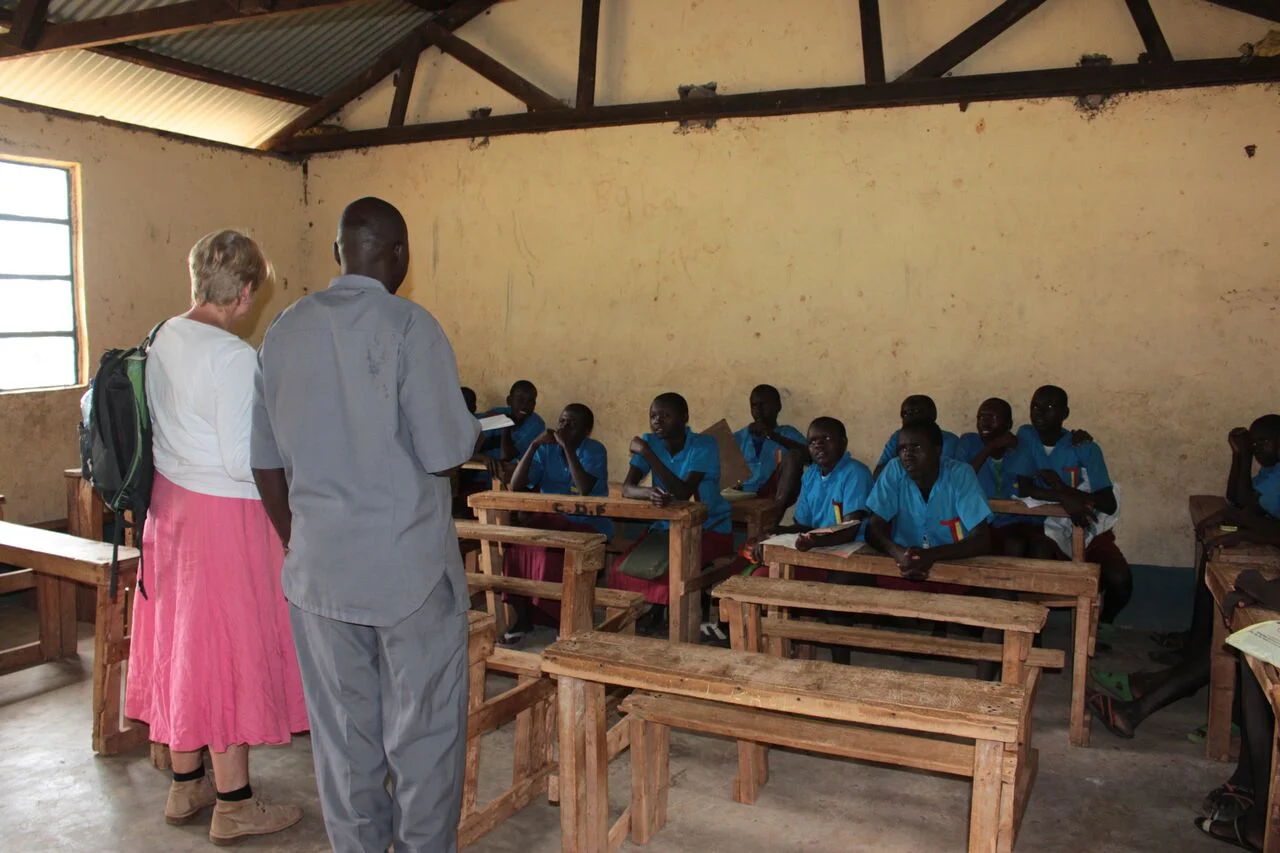Inequality, Work and Aspirations for Young People’s Futures (IWAY)
The IWAY project investigates the increasing disconnect for many youth between education and the transition into work through a comparative study between Kenya and Lebanon. The project aims to understand what constitutes prosperous futures for young people, how young people’s aspirations to acquire education and skills compare to the needs of changing economies across the globe and how prosperity for young people can be measured. It will look closely at the role of various forms of inequality and the impact this has on the sustainable prosperity of future generations. In particular, it will examine how the changing nature of work itself is potentially making traditional educational and training programmes outmoded so that inequalities around educational access are being compounded by inequalities in educational form.
Drawing inspiration, resources and research methods from existing research on the future of work and livelihoods in both London and Lebanon, the IWAY project will conduct primary, quantitative and qualitative research. In particular, we will use participatory research methods and work with youth citizen scientists recruited from the research sites. Drawing on our findings we will engage with local stakeholders and citizen scientists to co-design recommendations for more effective innovation and policy convergence in both Kenya and Lebanon.
To find out more about our work in Lebanon follow this link.
Understanding peace-building between sedentary farmers and mobile pastoralists
Conflict between sedentary farmers and mobile pastoralists is widespread across sub-Saharan Africa and acts as a major barrier to peace and stability. By examining the causes of the longstanding and much publicized conflict between Markawet farmers and Pokot herders in Kenya, we seek to broaden understandings of the drivers of conflict and co-design steps to build lasting peaceful relations between the two communities.
In particular, we seek to examine the role of inter-generational tensions within communities in the causation and prevention of conflict and what role cross-community female relationships can play in mitigating conflict. With the help of local research teams we will conduct firsthand qualitative interviews with a representative sample of each community to explore the drivers behind conflict and the shortcomings of previous peace-building initiatives. Building on this we will work with community leaders, including Councils of Elders and Officials to co-design testable intervention strategies that target the sources of conflict with the aim of creating pathways towards a lasting peace.
Ethiopia Control of Bovine Tuberculosis Strategies (Ethicobots)
Ethicobots is a five-year research project awarded to a consortium of researchers in Ethiopia and the UK. The aim is to tackle the high burden of bovine TB in the Ethiopian dairy farm sector and to investigate the consequences of the on-going trade of potentially infected dairy cattle to in spreading disease to low prevalence regions and farming systems. The ultimate aim is to minimise the potential impact of disease on poor high-risk groups, including dairy farm workers and their families, by investigating viable and cost-effective control strategies, such as vaccinations. Ethiopia has the largest livestock population in Africa including 53 million cattle. A rapidly growing human population and high rate of urbanization is adding pressure on farmers and governments to meet the demand for food, specifically in the emerging dairy sector.
The research team is made up of epidemiologists, geneticists, immunologists and social scientists. The project is funded under the Zoonoses & Emerging Livestock Systems (ZELS) programme, a research initiative in the UK, which is jointly funded by six research bodies. There are currently eight institutions participating in Ethicobots including four Ethiopian research institutions, all led by the University of Cambridge. Professor Henrietta Moore is co-investigator and lead social scientist on the project. In 2018 research has focused on examining farmer’s perspectives on potential disease control measures through qualitative interviews.
To learn more follow this link to the project’s main website.

